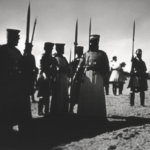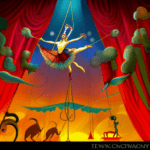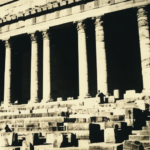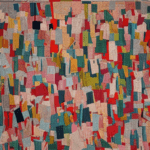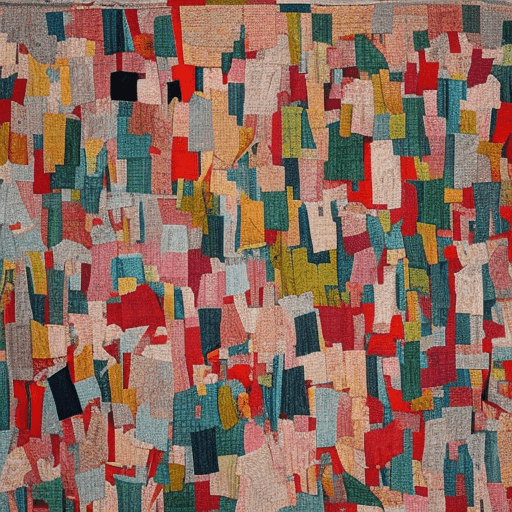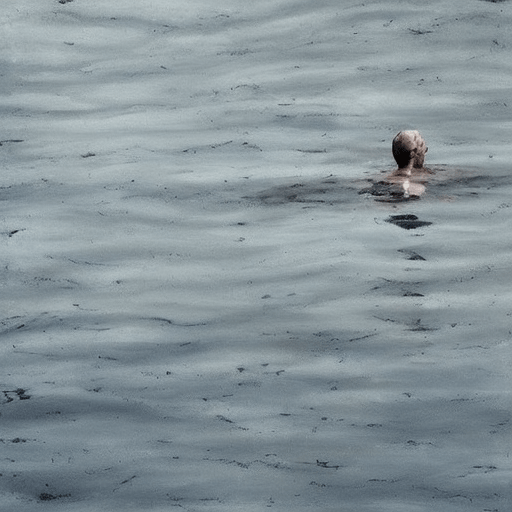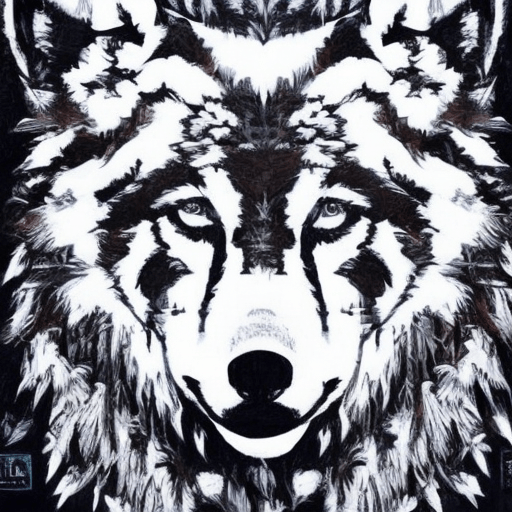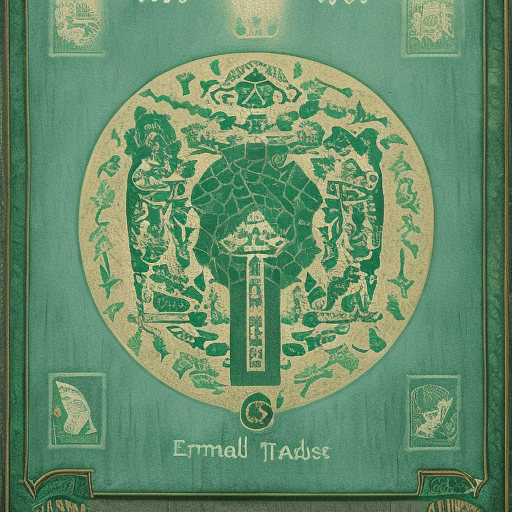Papicha by Mounia Meddour: A Brave Tale of Defiance and Resilience
Main Cast and Crew:
- Director: Mounia Meddour
- Writer: Mounia Meddour
- Key Actors: Lyna Khoudri as Nedjma, Shirine Boutella as Wassila, Amira Hilda Douaouda as Samira, Zahra Manel Doumandji as Kahina
- Music Director: Rob (Robin Coudert)
- Director of Photography: Léo Lefèvre
- Producers: Xavier Gens, Patrick André, Gregoire Gensollen, and Mounia Meddour
Papicha is a powerful and poignant film set in the 1990s during the Algerian Civil War, directed and written by Mounia Meddour. The story revolves around Nedjma, a young university student with a passion for fashion, who defies societal norms and risks her life to organize a fashion show amidst escalating violence and oppression.
Nedjma, brilliantly portrayed by Lyna Khoudri, dreams of becoming a fashion designer and selling her creations under her brand, “Papicha.” However, her dreams are shattered as Islamic fundamentalists gain control and impose strict rules on women, forcing them to wear hijabs and banning Western influences. Determined to resist, Nedjma and her friends, including Wassila (Shirine Boutella), Samira (Amira Hilda Douaouda), and Kahina (Zahra Manel Doumandji), secretly organize a fashion show to celebrate their freedom and express their individuality.
As the group faces constant threats and danger, their bond grows stronger, and they find solace in their shared defiance. The film masterfully portrays the struggles faced by these young women, highlighting their courage, resilience, and unwavering spirit in the face of adversity.
Central Themes and Motifs:
Papicha explores themes of female empowerment, freedom of expression, and the resilience of the human spirit. It delves into the clash between tradition and modernity, as well as the oppressive nature of fundamentalism. The film also emphasizes the importance of unity and friendship in the face of oppression, as Nedjma and her friends come together to fight for their rights and preserve their identities.
Meddour skillfully uses visual motifs throughout the film to convey the characters’ emotions and the societal tensions. The vibrant colors and bold fashion choices symbolize the characters’ desire for self-expression and individuality, while the recurring image of a butterfly represents their yearning for freedom and transformation.
Reception and Legacy:
Upon its release, Papicha received critical acclaim for its powerful storytelling, compelling performances, and thought-provoking themes. It won numerous awards, including the Best First Film Award at the Cannes Film Festival and the César Award for Best First Feature Film.
The film’s impact extends beyond its critical success. It serves as a reminder of the ongoing struggle for women’s rights and freedom of expression in many parts of the world. By shedding light on the experiences of Algerian women during a tumultuous period in history, Papicha contributes to a broader conversation about the importance of individuality, resilience, and the fight against oppression.
Recommendation:
Papicha is a must-watch film that combines powerful storytelling, exceptional performances, and a compelling message. It offers a glimpse into the lives of courageous women who refuse to be silenced and showcases the strength of the human spirit in the face of adversity. This film is a testament to the power of art and the importance of fighting for one’s dreams and freedom.
Memorable Quote:
“We are not afraid. We are the future!” – Nedjma
